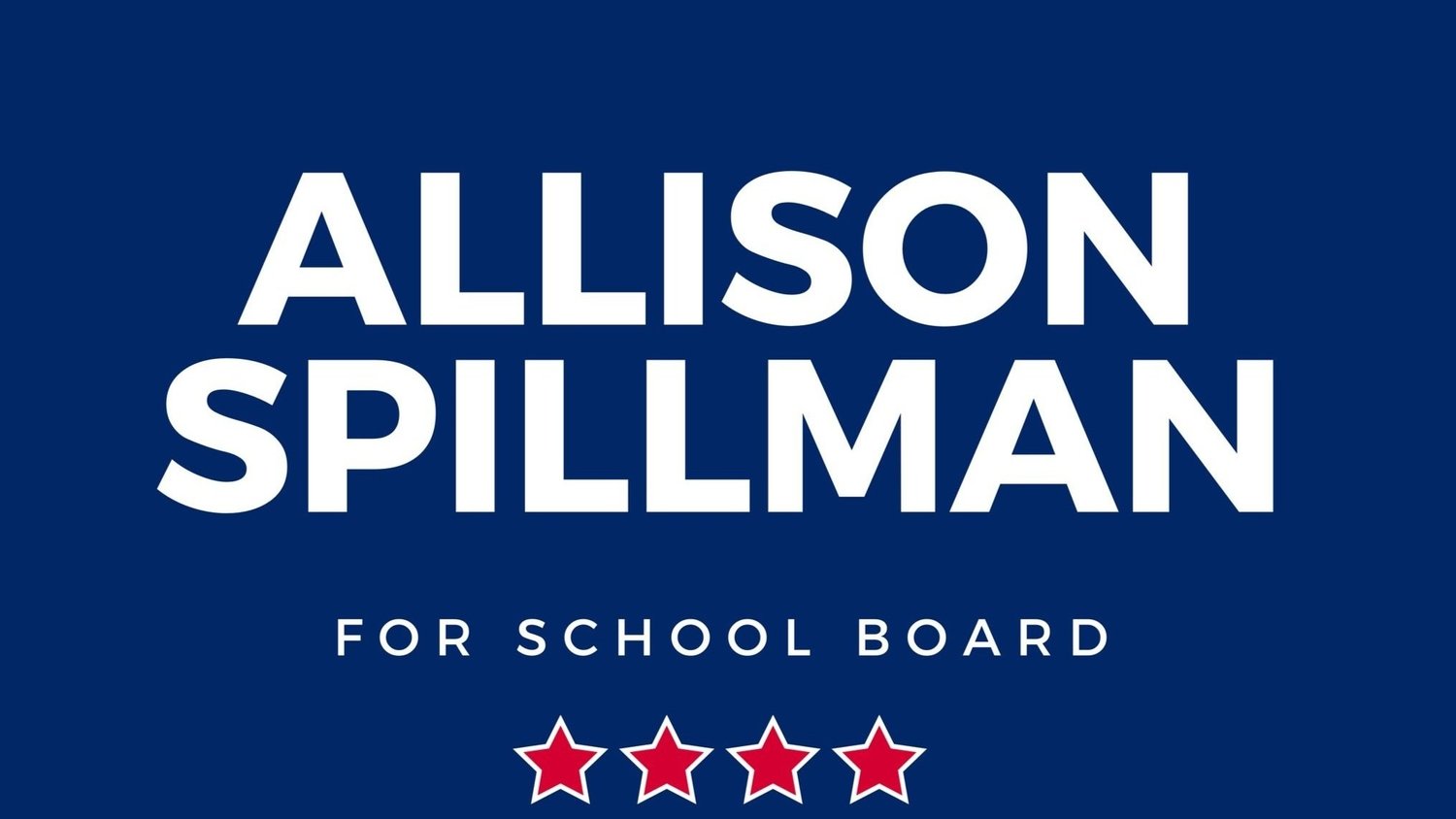Banning Books Harms Us All
When I was in seventh grade, I read Anne Frank’s diary, and it instantly changed my life. I had never read anything so raw and real and heartbreaking, and yet completely hopeful. I wanted to learn all I could about the tragedy of the Holocaust (Shoah), and the brave individuals who stood against state-sponsored persecution and risked their lives to save others. That love of World War II history is still in me today, and I can trace it back to the day I first opened that book. In fact, I majored in History at UVA in part because of it.
While celebrating my 20th wedding anniversary with my husband in Europe this week, I had the privilege of visiting the Secret Annex where Anne Frank and her family, along with two other Jewish families, hid, were eventually captured, and ultimately sent to concentration camps. It was a poignant reminder that history is not always pretty, but it must be taught honestly and truthfully. Censoring books that make us uncomfortable does the whole world a disservice. The Diary of Anne Frank is a monument to the indestructible nature of the human spirit, and every public school should make it available.
I’m grateful that my public school did not believe in censorship, even though Anne Frank’s diary has been banned many times across the USA, including here in Virginia. Earlier this year, a graphic novel based on her diary was removed from Vero Beach High School in Florida after a leader of Moms Demand Liberty objected. Equally troubling, school officials in my hometown of Virginia Beach recently labeled the Diary of Anne Frank as containing “sexually explicit content” and required permission forms prior to students participating in any lesson on it. And other schools have banned graphic novels like “Maus,” a Pulitzer Prize-winning graphic novel about the Holocaust.
The American Library Association reported a record number of demands to restrict or censor library books in 2022. Not surprisingly, these book bans disproportionately affect marginalized communities. Many of the books targeted for censorship by right-wing activists address important topics such as racism, sexism, and LGBTQ+ issues and are written by persons of color like Toni Morrison and Angie Thomas. When access to these books is limited or censored, we are sending a message to marginalized communities that their experiences and perspectives are not valued or respected.
As a school board member, I will fight to ensure that our students have access to a wide range of books that reflect diverse perspectives and experiences. We must work to create a welcoming and inclusive learning environment that encourages children to explore and learn about the world around them. Instead of banning books, we must have open and honest discussions about difficult topics and provide our students with the tools to navigate challenging material.
In conclusion, I am firmly opposed to book bans and support students' freedom to read. By promoting intellectual freedom and encouraging students to explore diverse perspectives through literature, we can help create a more informed, enlightened, and empathetic community.
#AllinforPublicSchools #AllinforReading #FreedomtoRead
